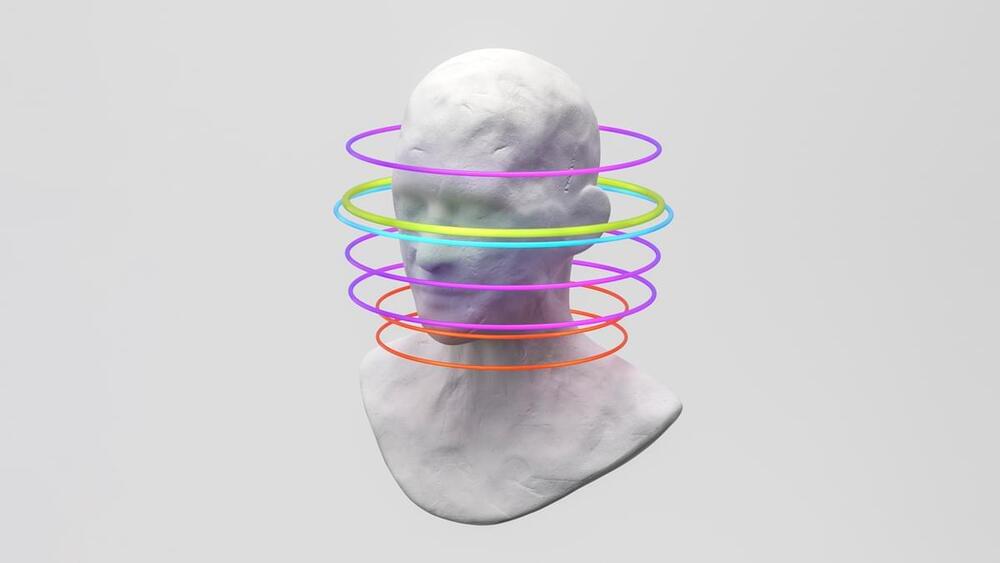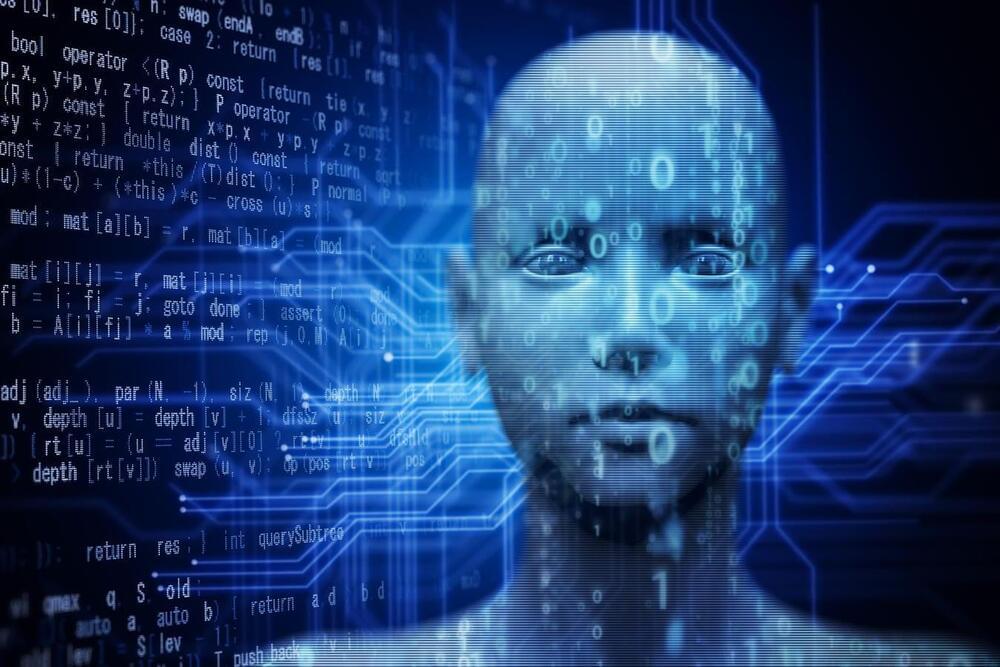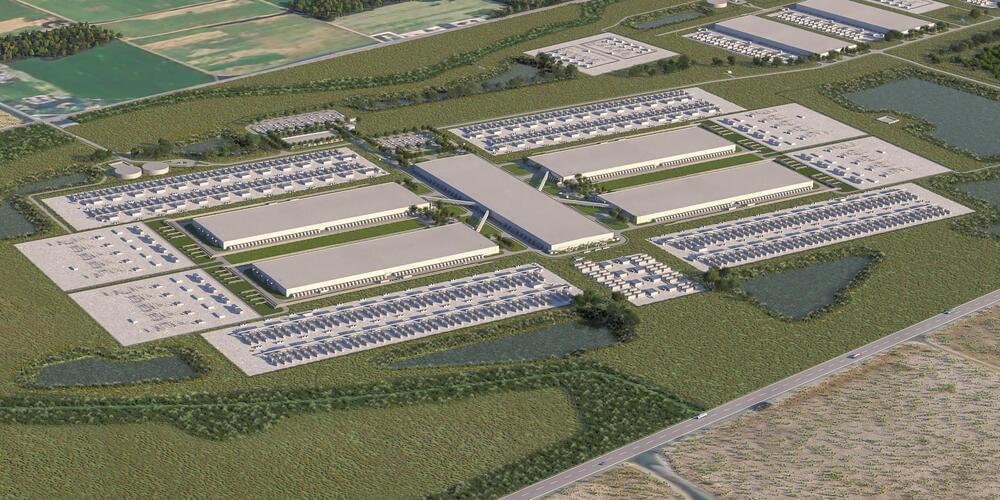From the early days of mechanical automatons to more recent conversational bots, scientists and engineers have dreamed of a future where AI systems can work and act intelligently and independently. Recent advances in agentic AI bring that autonomous future a step closer to reality. With their supercharged reasoning and execution capabilities, agentic AI systems promise to transform many aspects of human-machine collaboration. The agentic AI prize could be great, with the promise of greater productivity, innovation and insights for the human workforce. But so, too, are the risks: the potential for bias, mistakes, and inappropriate use. Early action by business and government leaders now will help set the right course for agentic AI development, so that its benefits can be achieved safely and fairly.
Page-utils class= article-utils—vertical hide-for-print data-js-target= page-utils data-id= tag: blogs.harvardbusiness.org, 2007/03/31:999.397606 data-title= What Is Agentic AI, and How Will It Change Work? data-url=/2024/12/what-is-agentic-ai-and-how-will-it-change-work data-topic= Generative AI data-authors= Mark Purdy data-content-type= Digital Article data-content-image=/resources/images/article_assets/2024/12/Dec24_12_1450615814-383x215.jpg data-summary=
The next era of human-machine collaboration will present new opportunities and challenges.





